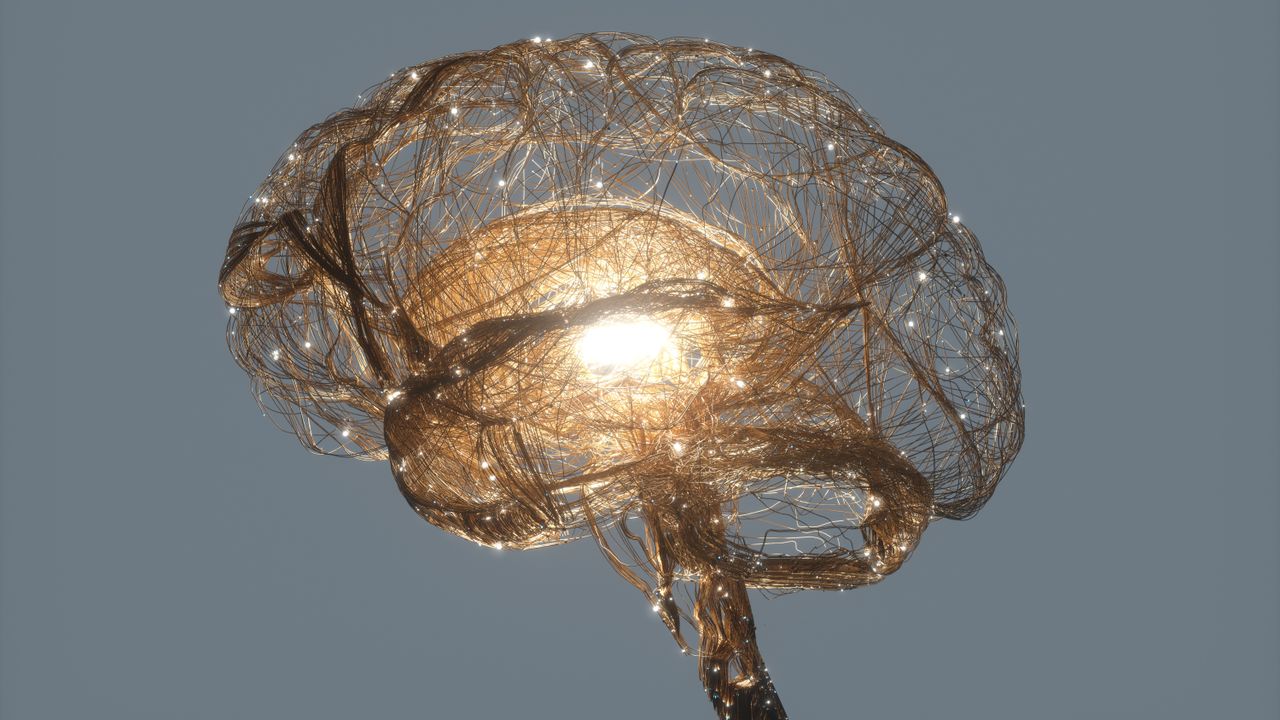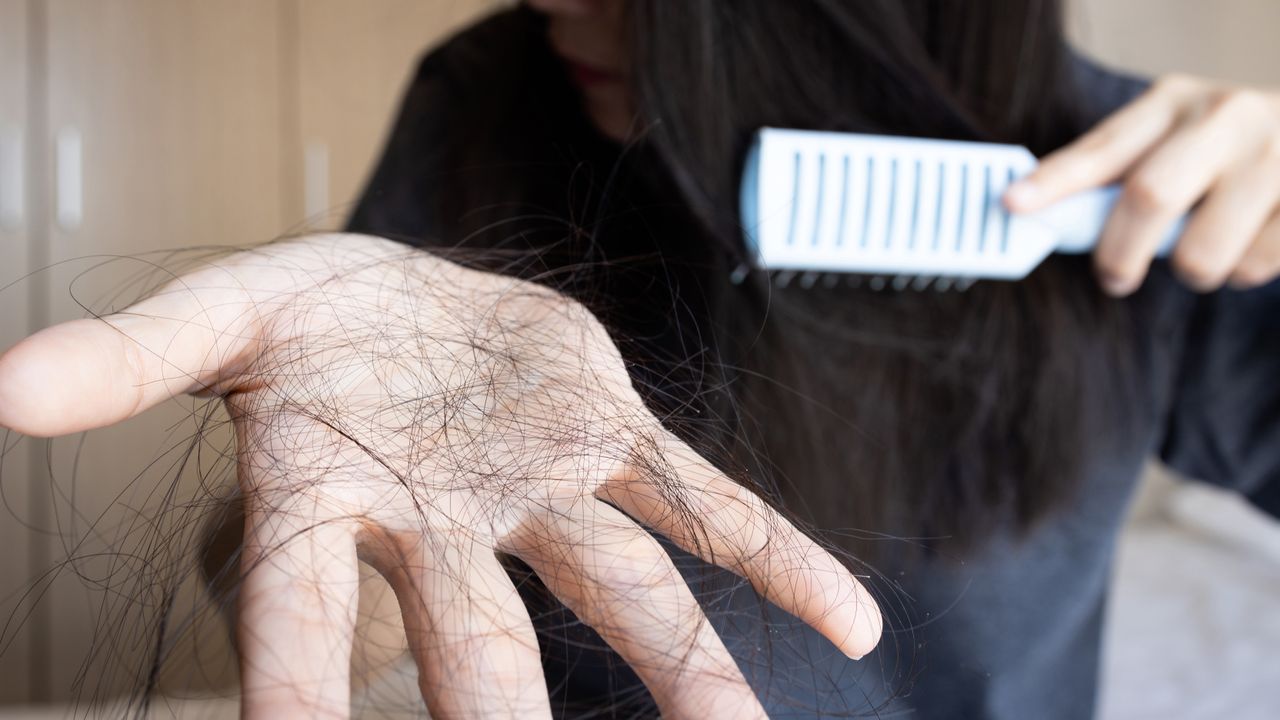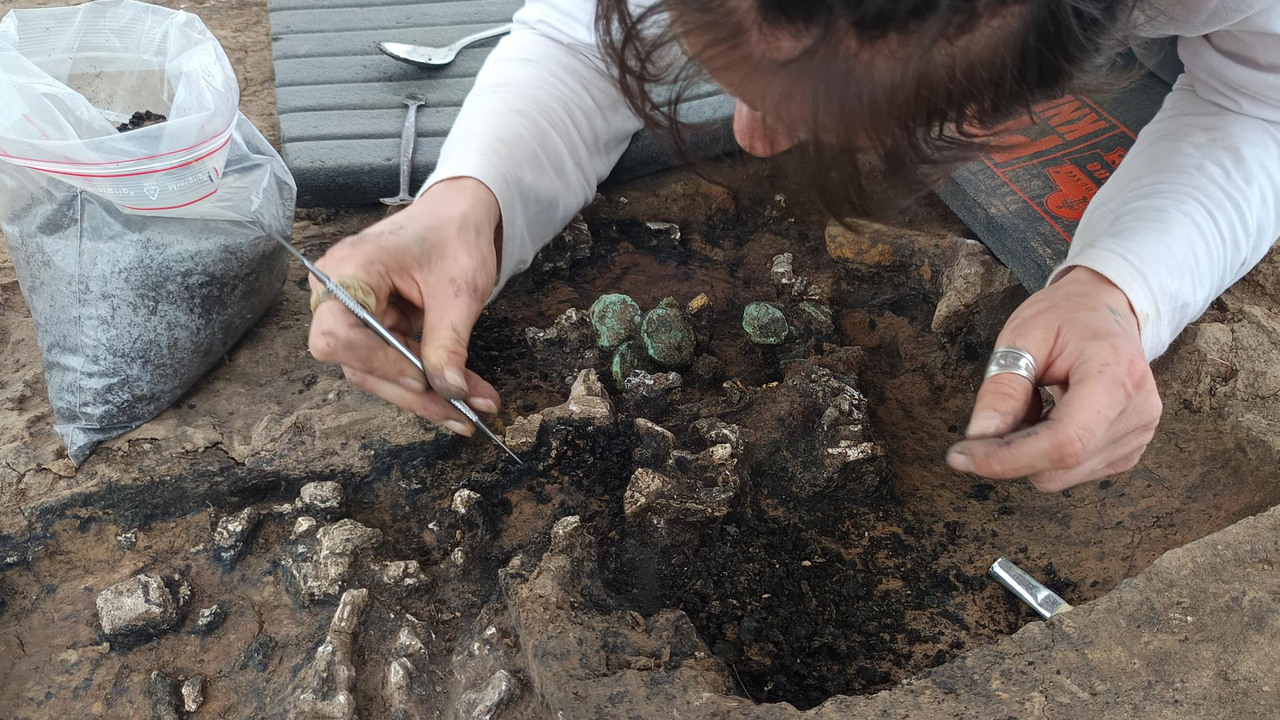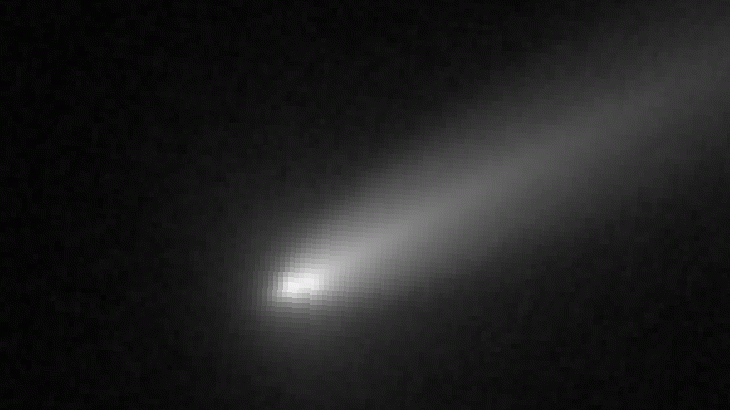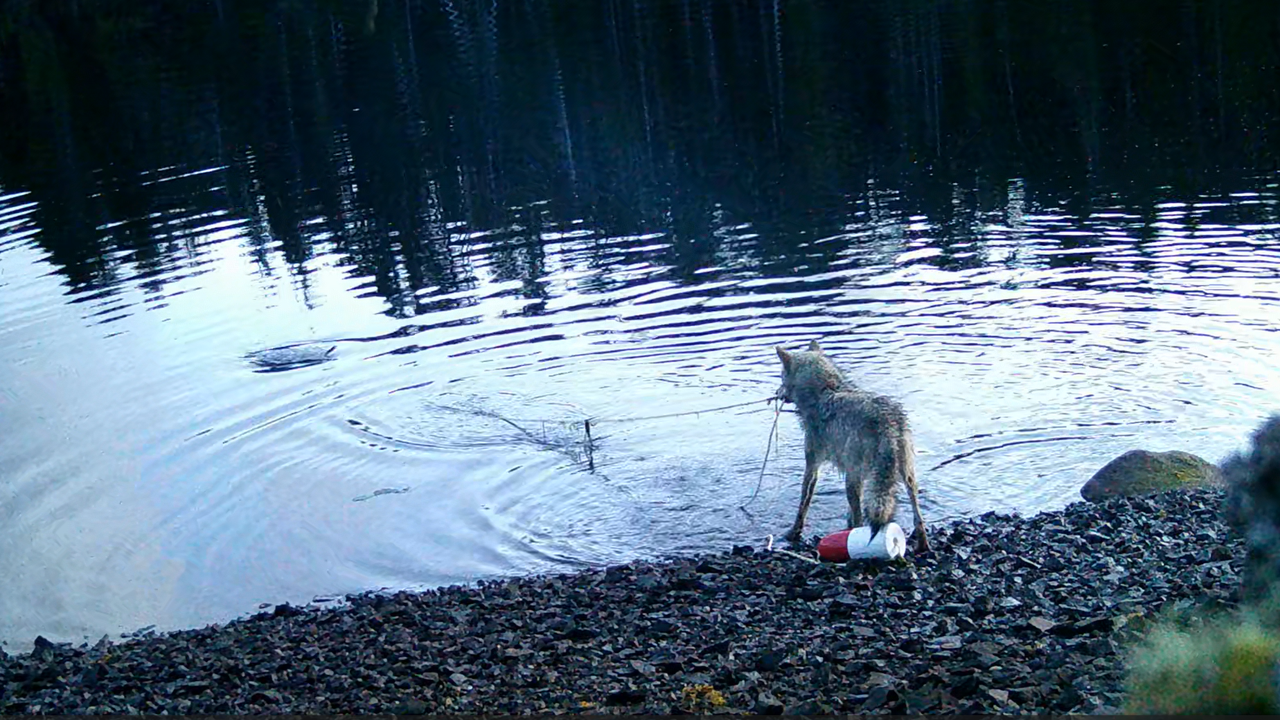Shrinking tree canopy at California schools could put kids at risk of extreme heat
NegativeScience
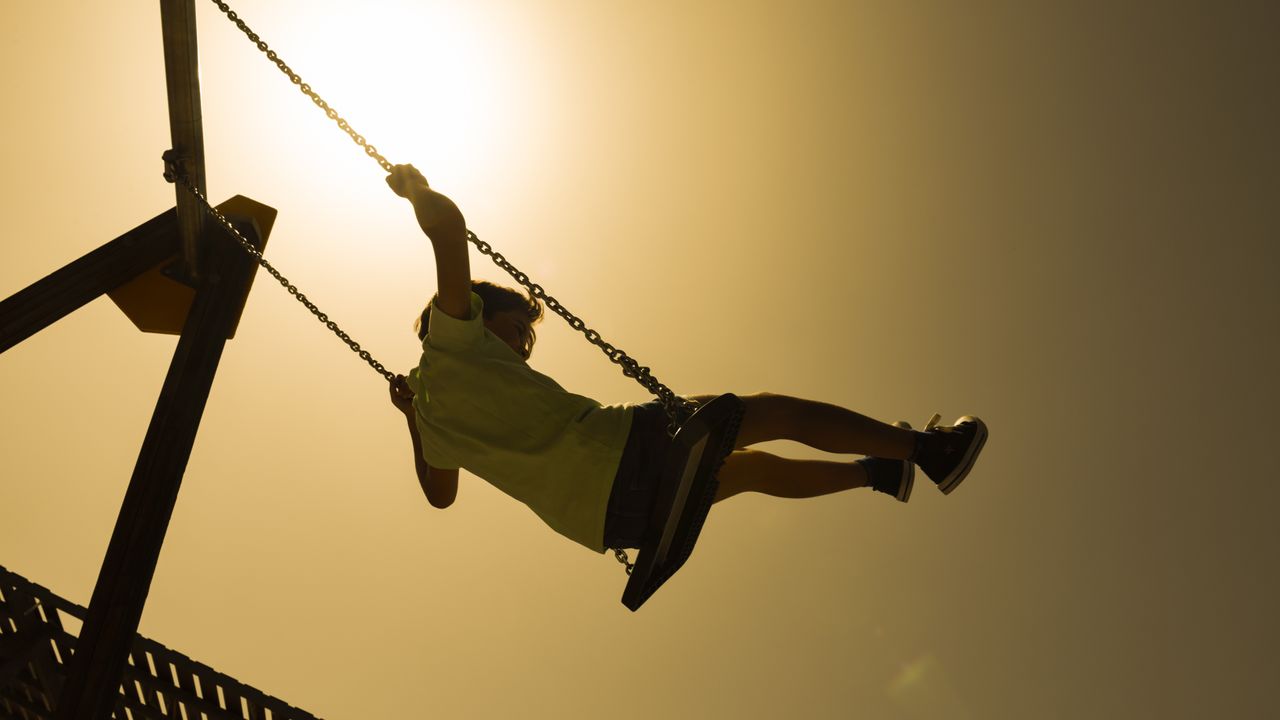
- A recent study has revealed a concerning decline in tree canopy cover around California schools, which could increase the risk of heat stress among students. The reduction in shade provided by trees is particularly alarming given the rising temperatures associated with climate change.
- This development is significant as it highlights the potential health risks for children attending schools in areas with diminished tree cover. Increased exposure to extreme heat can lead to serious health issues, particularly for vulnerable populations such as young children.
- The situation underscores a broader environmental challenge, as urban areas face the dual pressures of climate change and urbanization. While some plants in California, like those in Death Valley, have adapted to extreme heat, the loss of tree canopies in school environments raises questions about urban planning and the need for sustainable solutions to protect public health.
— via World Pulse Now AI Editorial System

